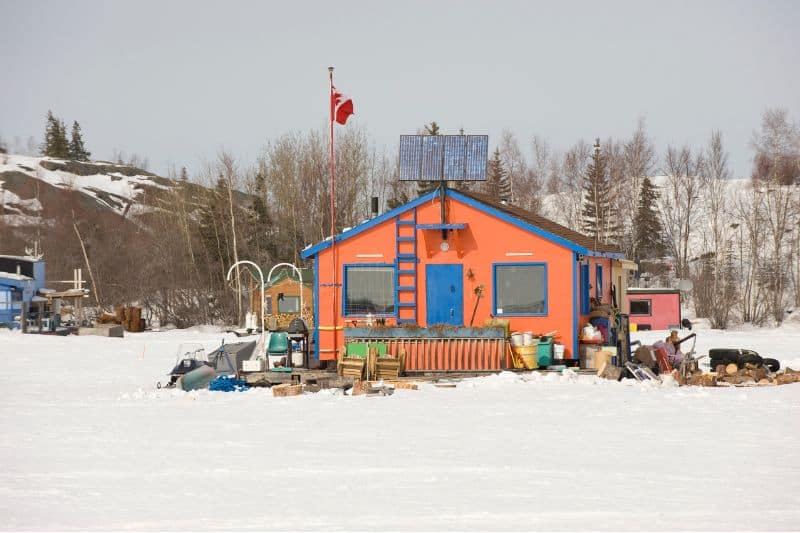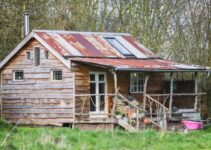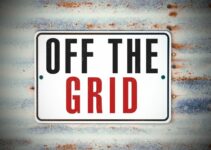Many of us in modern living situations like larger cities are tired of the daily grind. Too many cars, too many people, lights all over the place, screens almost anywhere you go, and lots of bustle.
A vague generalization, to be sure, but many people are ready to get away from city life and go to living off the grid.
This idea has become somewhat cliché, but it is ideal to follow a dream to its fullest, and if this is your dream, take a look at some thoughts to consider first.
- Living off the grid means living away from modern technology and lifestyle at all levels. This is living without electricity, internet, and modern conveniences. You can still live in a habitable home; it will just be like the old log cabin days, and the nearest doctor’s office may be hundreds of miles away.
- A typical house is connected to power, water, telephone, and gas lines. Going off the grid means leaving these public utilities behind to make this world greener and more environmentally friendly. While some prefer to entirely go off the grid, others opt for going partially, relying on city water and sewage.
- You don’t have to go off the grid completely. There are varying degrees to which one can go with this. Electricity is still a possibility with solar power and wind turbines. You can set up satellite receiving for television and internet access, though it will require serious outdoor technology.
- The fundamental idea behind going off the grid is disconnecting from the network of bills and conventional living obligations. This entails relying on self-sufficiency through activities such as hunting, growing your own food, and providing your own resources.
- Sometimes, living off the grid is done for reasons such as helping to improve the environment, and personal physical health or to create solitary communities with simple politics or religious motivations.
- The Amish people serve as a prime example of a communal lifestyle centered around living off the grid. Motivated by deeply ingrained religious beliefs, they demonstrate that a sustainable society can thrive without relying on electricity, plumbing, cars, or fuels, apart from those derived from crops and animals.
- The good news is that you can live this way if you want, and the cost is minimal. Additionally, you will not have all those pesky calls about the unaffordable medical bills anymore. However, it may be wise to consider basic medical supplies to keep available.
I grew up off the grid in Vernon, and I saw my parents work hard every day, as teachers but also while farming and building a log home. So from a young age I knew the value of hard work.
– Ryan Holmes
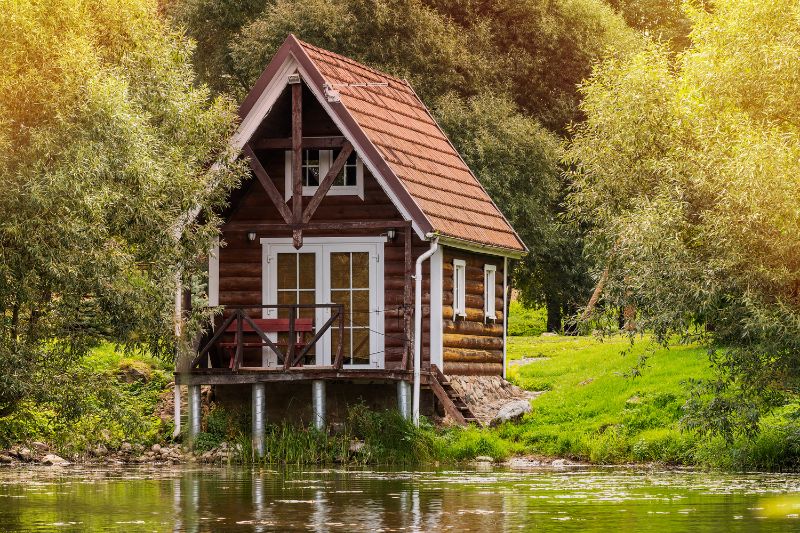
How to Live Off of The Grid
Technically, the term “grid” is used to describe the electrical and utility circuits. Being “off the grid” means you don’t use electricity from a power company, and you don’t use public plumbing or natural gas services.
There are interesting and practical ways to go about doing this.
The practical essence of survival boils down to three fundamental elements: Food, Clothing, and Shelter. While these necessities are readily accessible when living in proximity to stores, venturing away from modern amenities like electrical power, utilities, and the internet introduces a set of challenges.
Nonetheless, you can still live off the grid like the Amish community. Here are some important aspects to pay attention to:
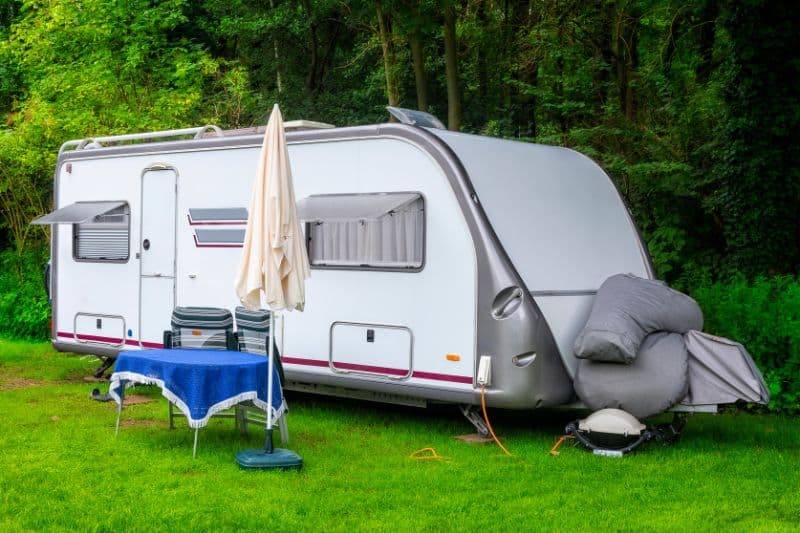
1. First of All, Build a Habitable Shelter
You will need a place to live, and this place must be capable of handling climate changes so you can live without freezing to death. Many options abound.
Yurts, domes, and trailers are in the lead for off-the-grid living options. You may be reluctant to go fully off the grid, so you might need to create your own grid with solar or wind power.
This will allow you some basic utilities in your life to keep you warm in the winter and allow you to prepare food when you can’t get a good fire going.
You can follow the example of the Mongolians. Found in the Mongol region of Siberia, these people lead an off-the-grid lifestyle and are recognized for residing in expansive yurts and portable dwellings.
Instead of the normal power grid, this community has incorporated practical solar panels to generate power, supporting their use of high-definition televisions.
In this unique blend of off-the-grid living, the Mongolian nomads maintain a balance, relying on traditional nomadic practices while selectively embracing modern technology, particularly HDTVs.

2. Know Where To Get Food
You obviously can’t survive without food. So, before you go off the grid, identify reliable sources of food.
Thankfully, in the off-the-grid lifestyle, food is attainable in many ways. Hunting, fishing, and gardening sustain most nutritional needs for most people going off the grid.
This means you must be skilled at all these efforts to survive. This is basic survival, so using a vehicle is a good idea. This way, you can go into a city and get supplies as needed.
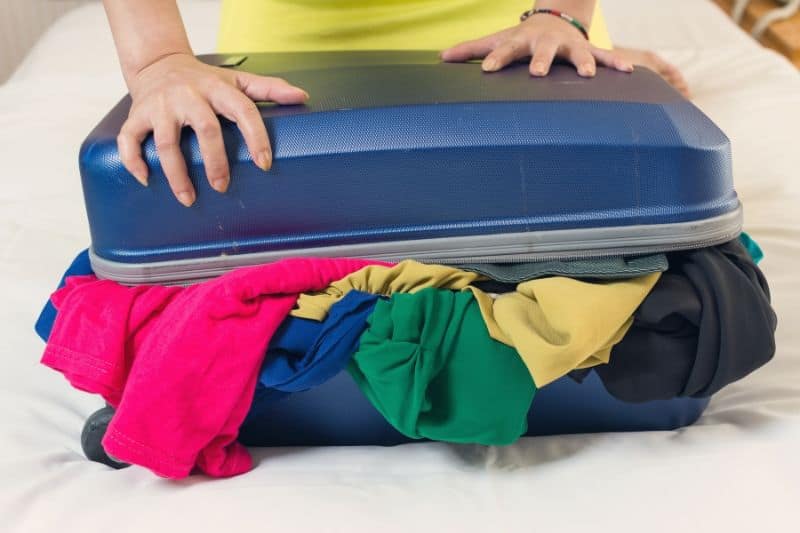
3. Don’t Forget Clothing
Clothing is vital. Remember that you may still run out of power on your personal grid despite whatever storage methods you have attained for the ideal non-grid living spot.
As such, plenty of clothing will be important to stay warm when your heating methods fail and for other purposes you will likely discover along the path to non-grid living.
As you can see, these ideas begin to become pedantic. And here is the main point: Do your research and prepare before endeavoring to live off the grid.
At least consult services that help you with off-grid living. Otherwise, you must have knowledge and/or excellent research and implementation skills.
That said, let’s look at some of the things you should expect to encounter:
- Flooding and drought are major concerns. Adequate hydration is essential for gardens, and a well-hydrated environment attracts game for hunting. Living off the grid means distancing from grocery stores, requiring hands-on food sourcing, potentially involving hunting and animal harvesting for self-sufficiency.
- Protecting against flooding. Yurts are the most practical housing. Yurts are portable homes, but you usually elevate them off the ground to avoid flooding. Consulting a land surveyor will help when considering buying property for off-grid living. Keep gardens low and living establishments on higher ground.
- Aside from yurts, you will need to be sure your living quarters or shelter will be well above flood lines, keeping in mind flood lines are consistently rising due to defined global warming.
- Drought poses a significant challenge. While you can endure weeks without food with ample body fat and nutrient reserves, it underscores the importance of preparedness, including medical supplies, in off-grid living. And keep in mind that you can only survive three days without clean water. Look into rainwater, stream water collection systems, or even well water in off-grid life. You can store water. If it freezes, you must find ways to thaw it, and blowtorches with sufficient fuel will be helpful. Apprise yourself on methods of pipe heating before attempting this.
- You can drill a well for household chores. A better idea is to buy cisterns to collect rainwater and use it to water plants and trees.
- During periods of little rain, lower your frequency of taking showers, limit your toilet flushes, and let your dishes pile up for a couple of days. Neither of these should bring harm, but it will help you navigate during the moments of scarcity.
- Install a septic tank. A septic tank is a small-scale sewage treatment system that is common in areas that lack connection to main sewage pipes provided by the government.
- Fireplaces and wood-burning stoves can be used as primary heat sources. Most people who live off the grid use wood to keep the house warm during winter. Wood-burning stoves can also be used to cook food.

- Watering crops is vital. You will conserve water with plastic greenhouses, and this will mostly keep the animals and bugs away.
- Even with solar and wind energy available at your hand, limit the use of electricity by removing electronic gadgets that are just not required. For example, consider washing clothes by hand instead of using the washing machine and use a clothesline to dry clothes instead of the dryer.
- Composting and recycling can be a great idea. Composting will help you eliminate large amounts of waste and create mulch for your crops. All the organic waste can be composted and fed back into the soil.
- Consider farming. Produce organic food to reduce the number of trips to local towns. Raise chickens and goats for animal produce.
- Have a good plan! At this point, it should already be apparent that you will need education and maybe even experienced help to go off the grid. People do this as a profession, and the fees are wonderful compared to the problems of living on the grid you want to get off of.
- Secure all crops. Plants providing food are targets for some skilled animals to steal. Raccoons and bears will steal entire crops in a night. Somebody might need to stand watch, though there is deterrent technology available if you have the power for it.
There should be a clear picture of how to live off the grid now. The object is practical, long-term survival. Plenty of people are doing this, so getting a network built on social media and other platforms will be useful. Aside from these basic needs, you might want schematics and strong planning to provide the best for family and multiple family living.
The idea of refraining from popular utility grid usage is largely appealing due to the fact you are basically being cheated for your lifestyle. You can live a life of freedom, living off the land. There are a massive amount of people doing this across the world now. You can find many communications to tap into. Your duty is to gain the right knowledge now so you can be prepared for tomorrow.
